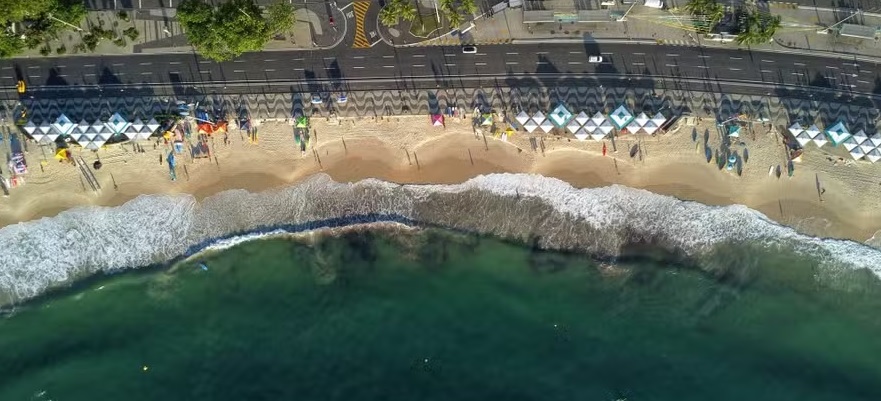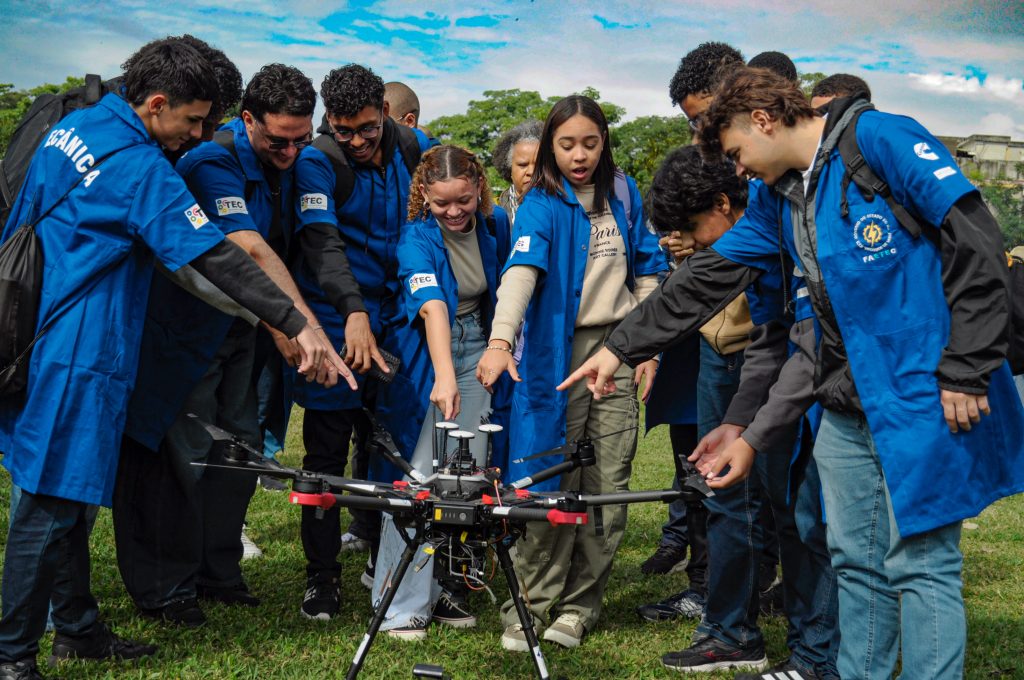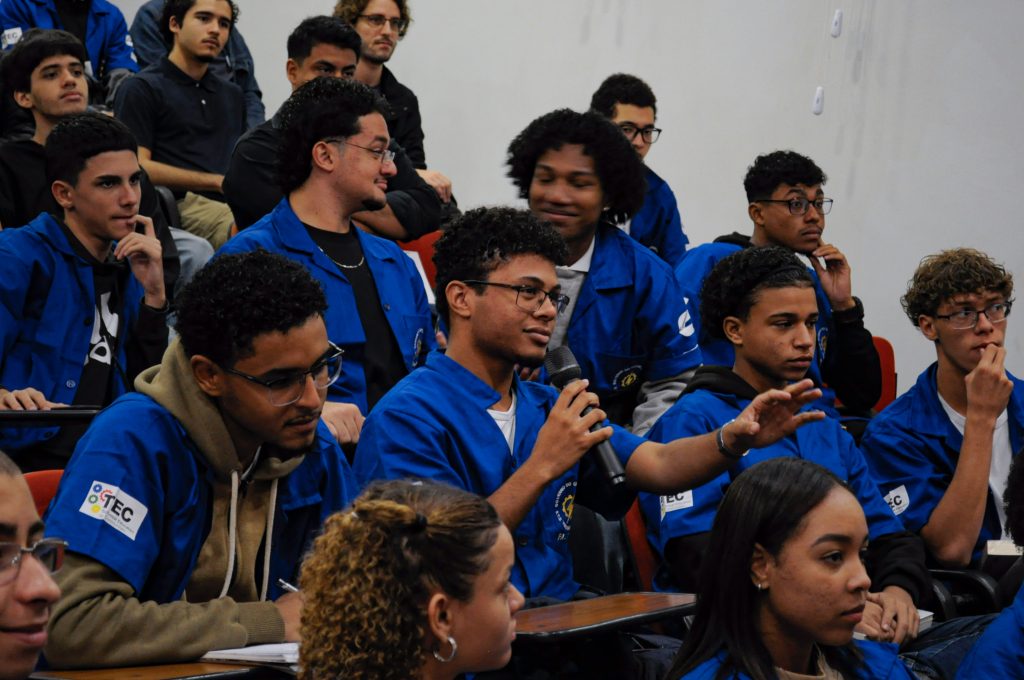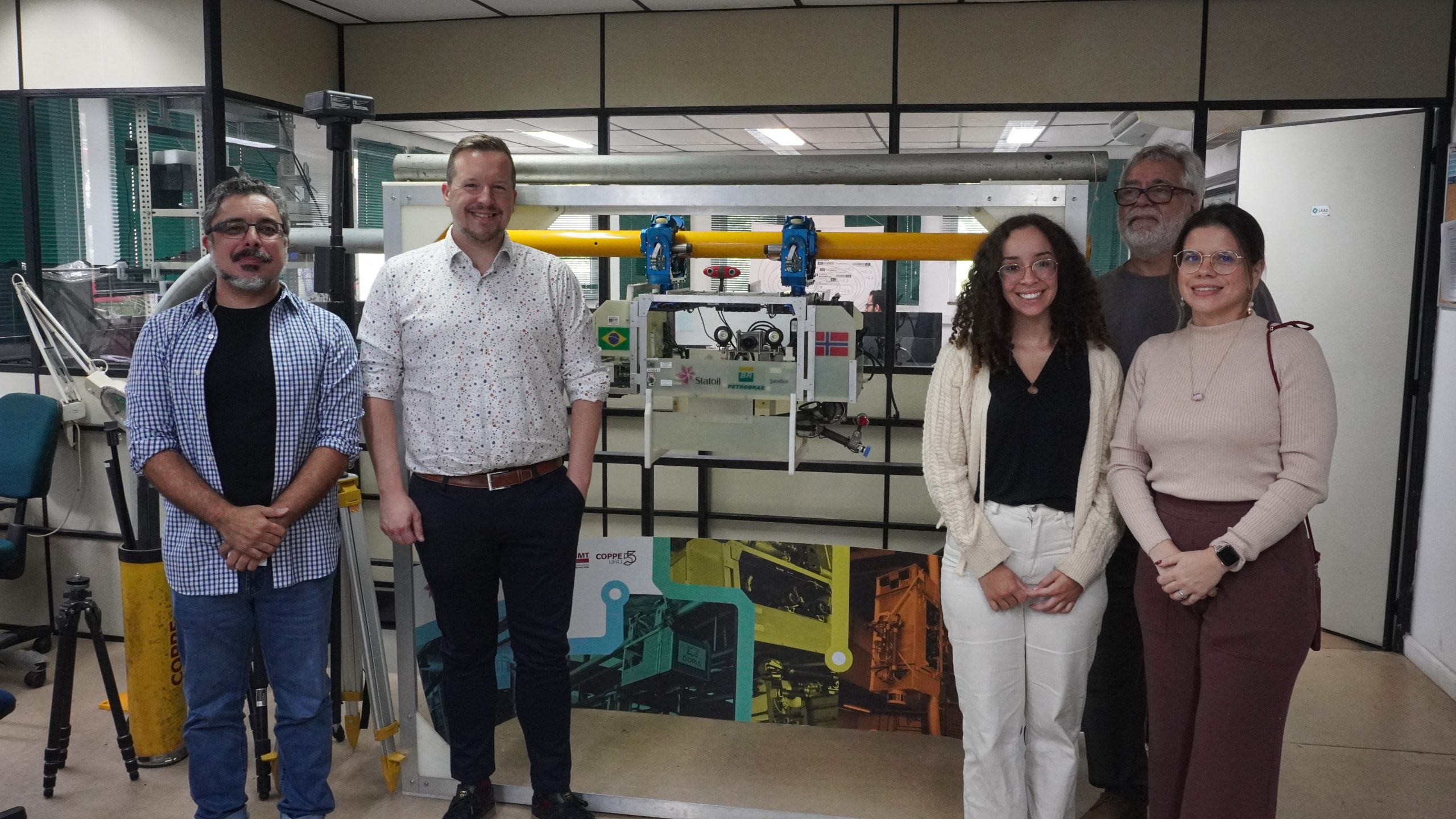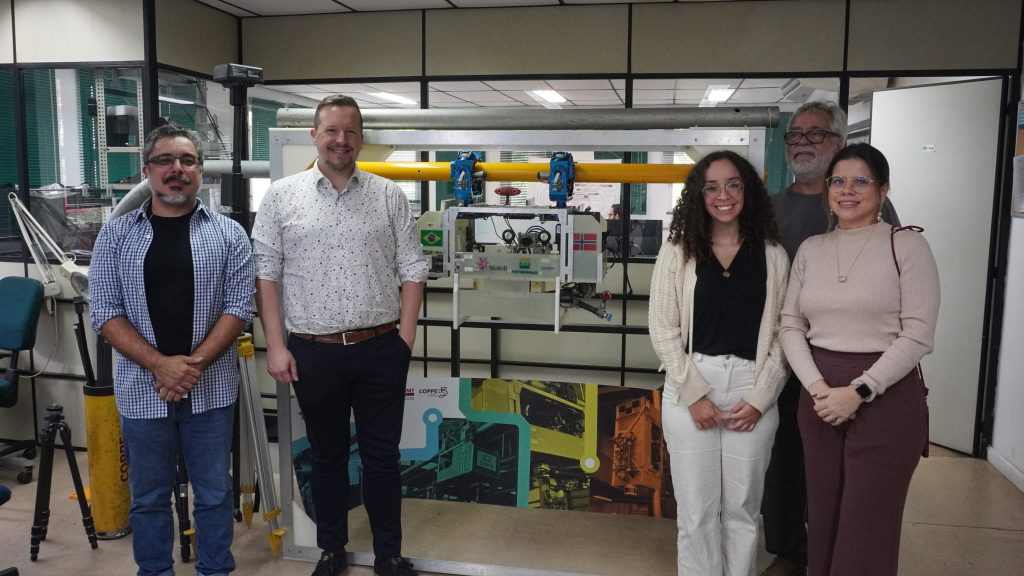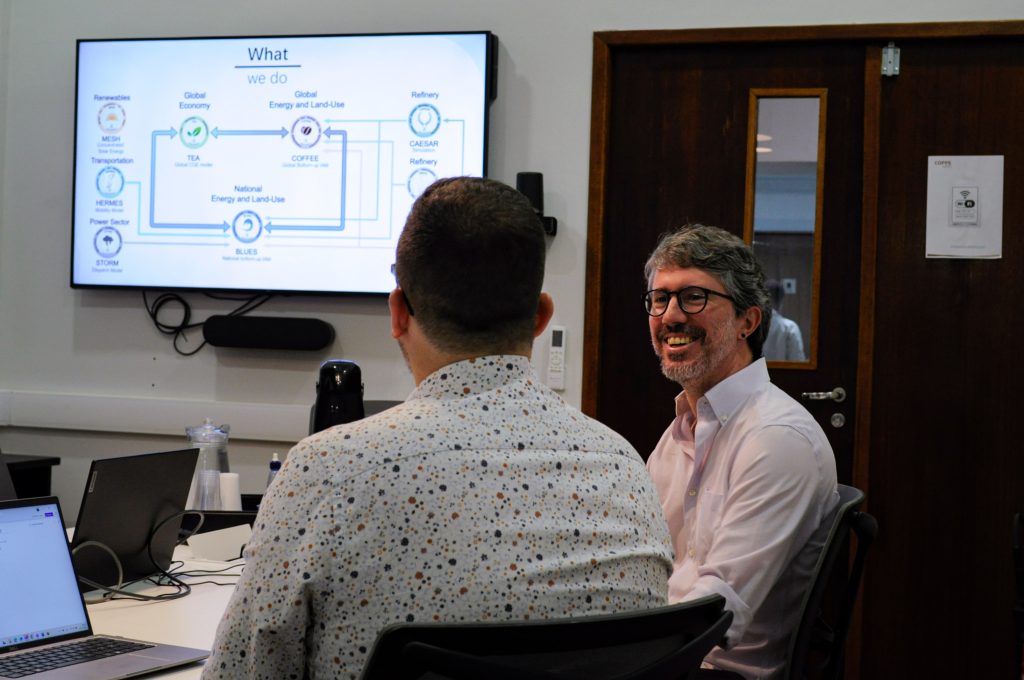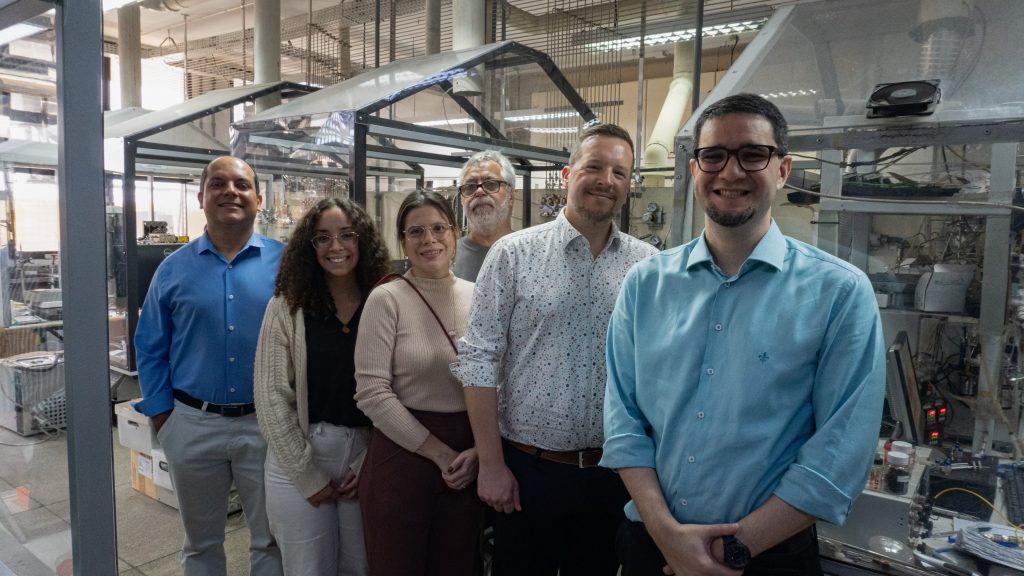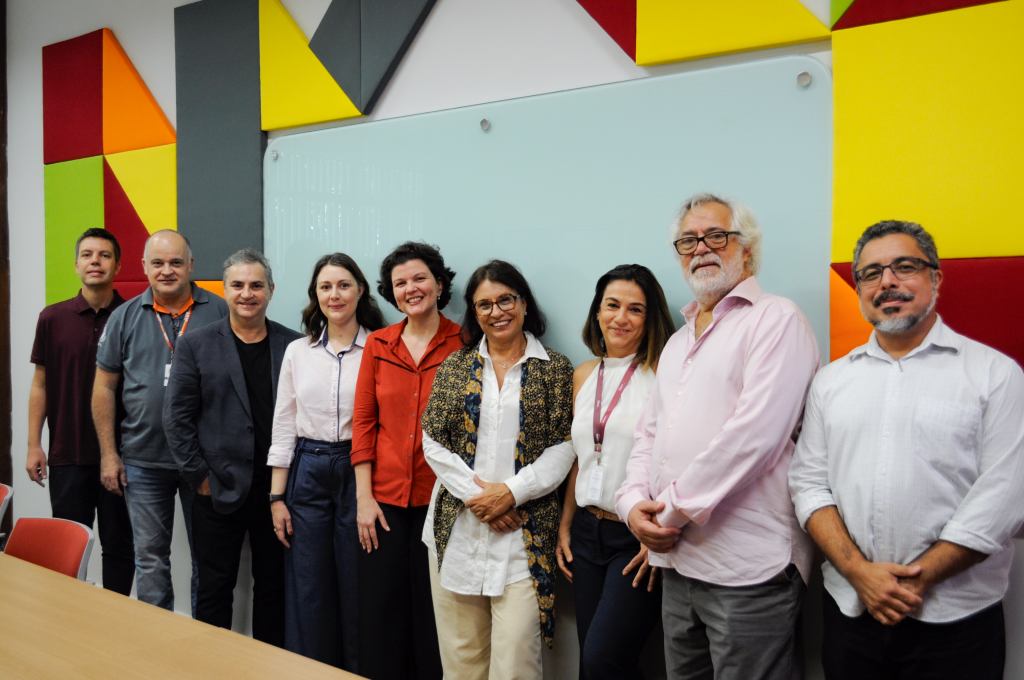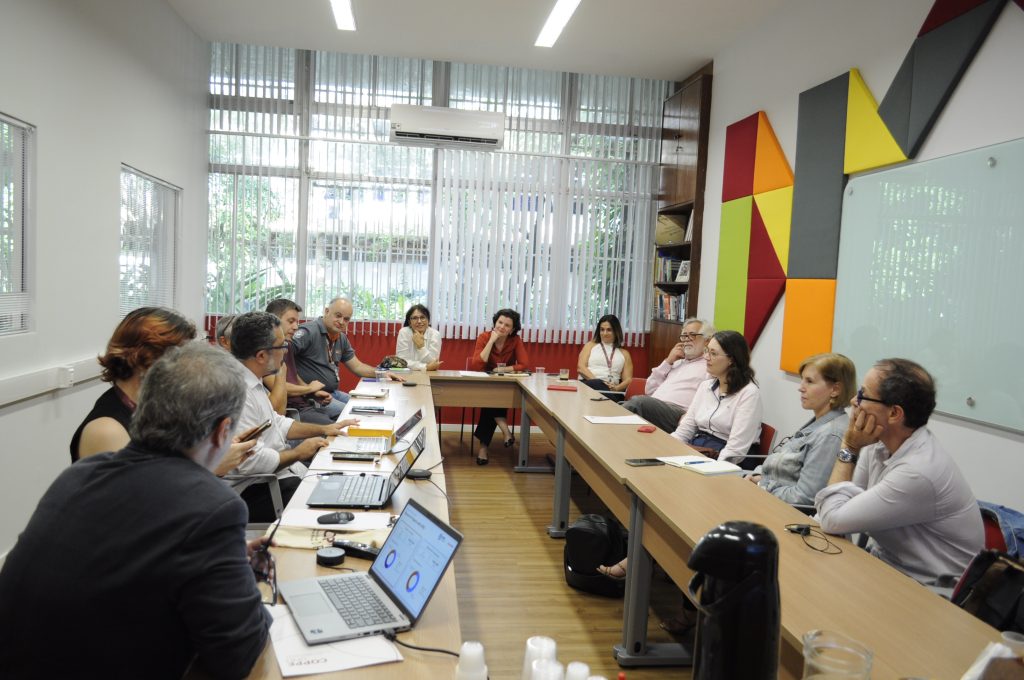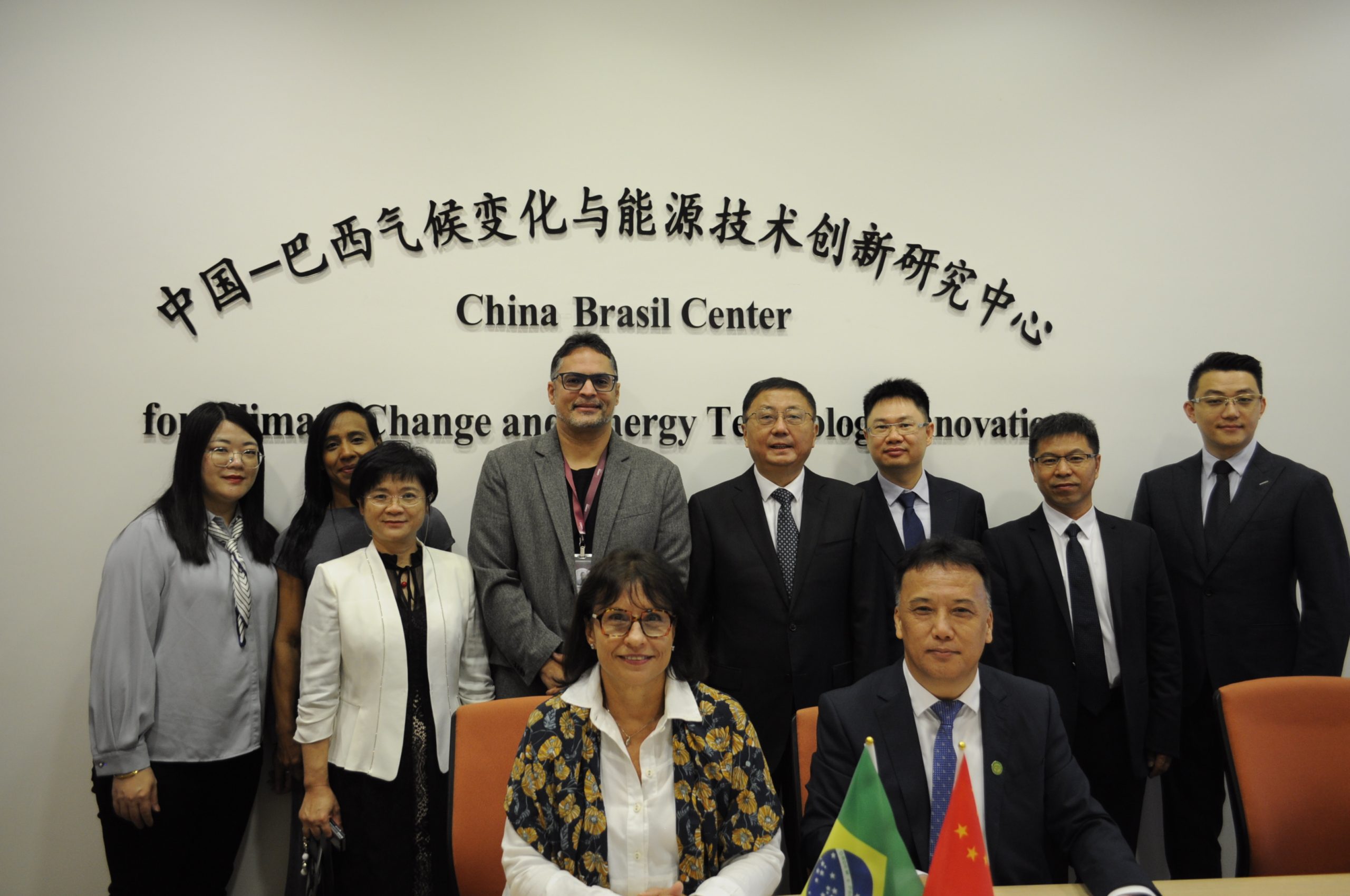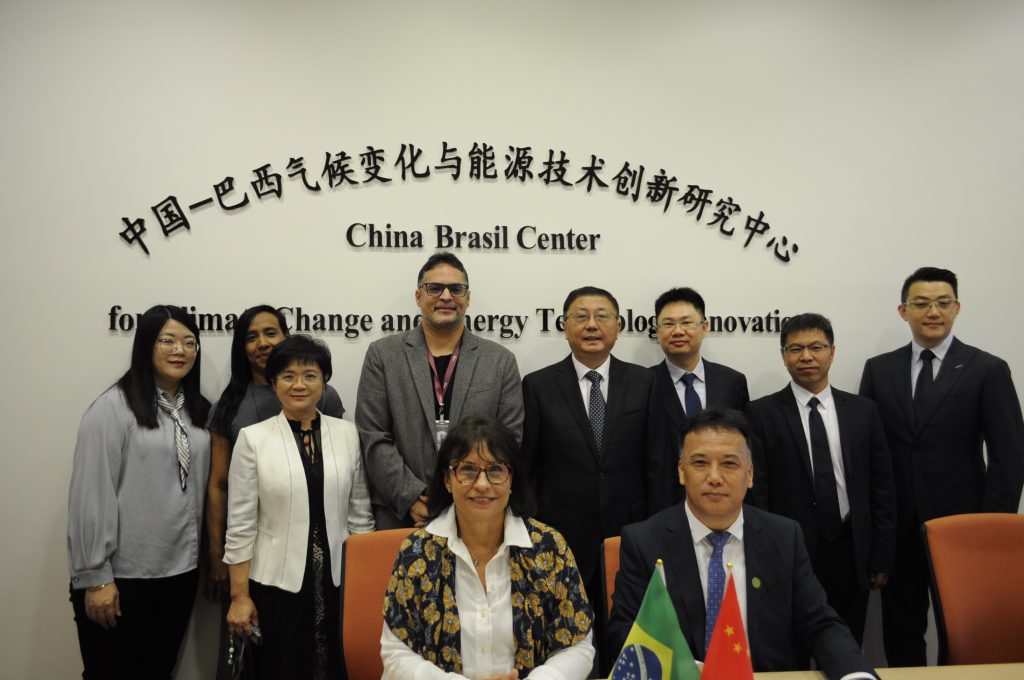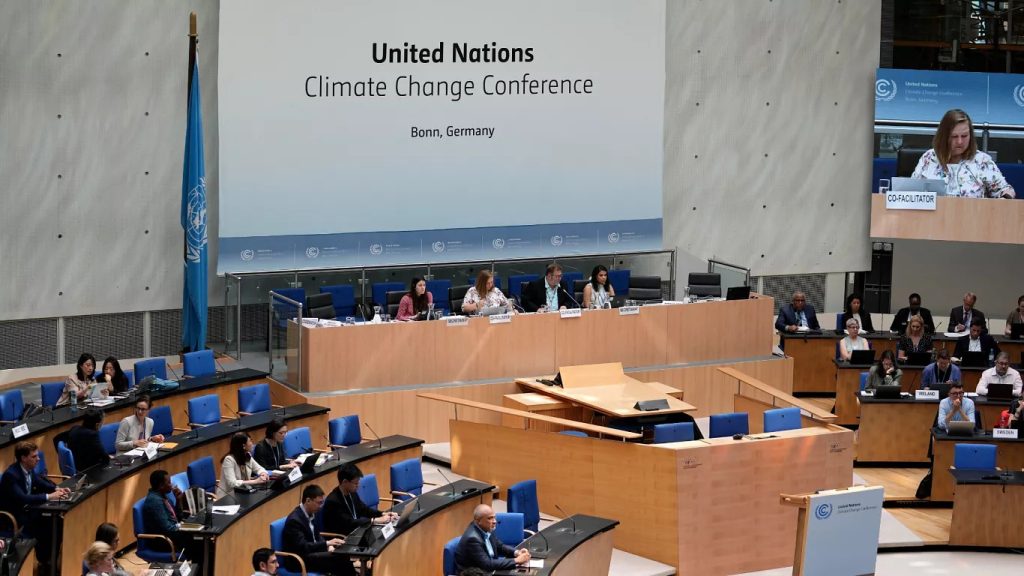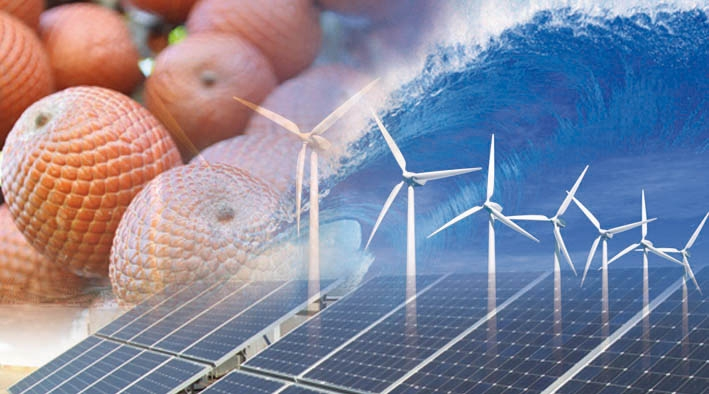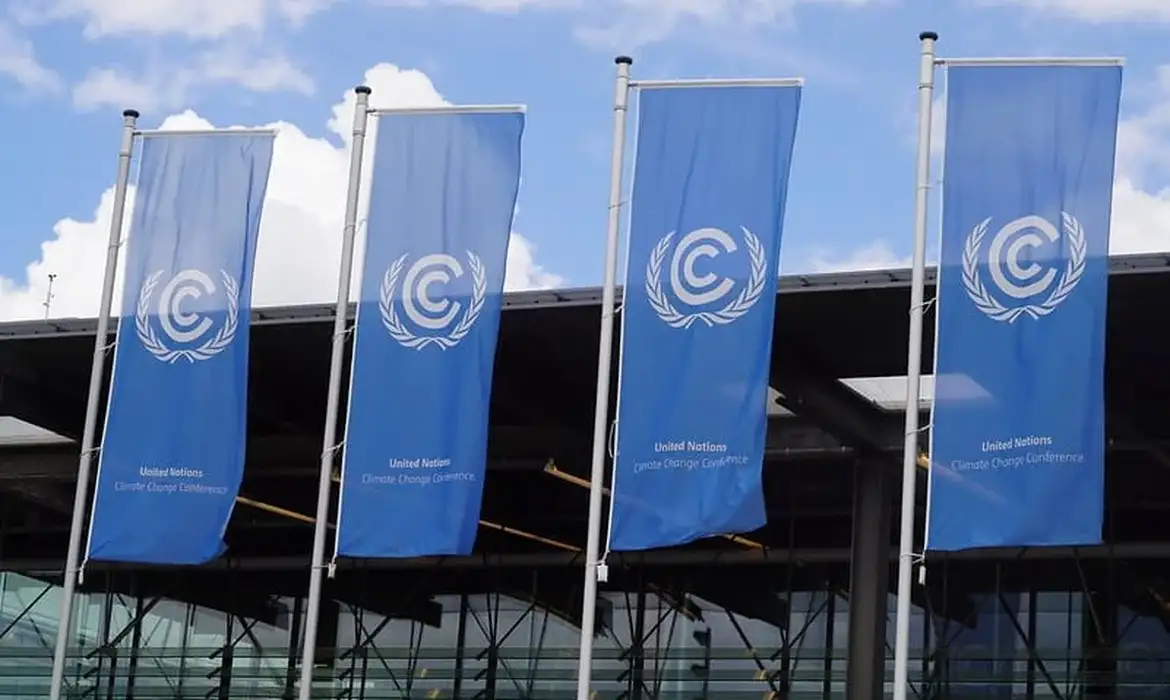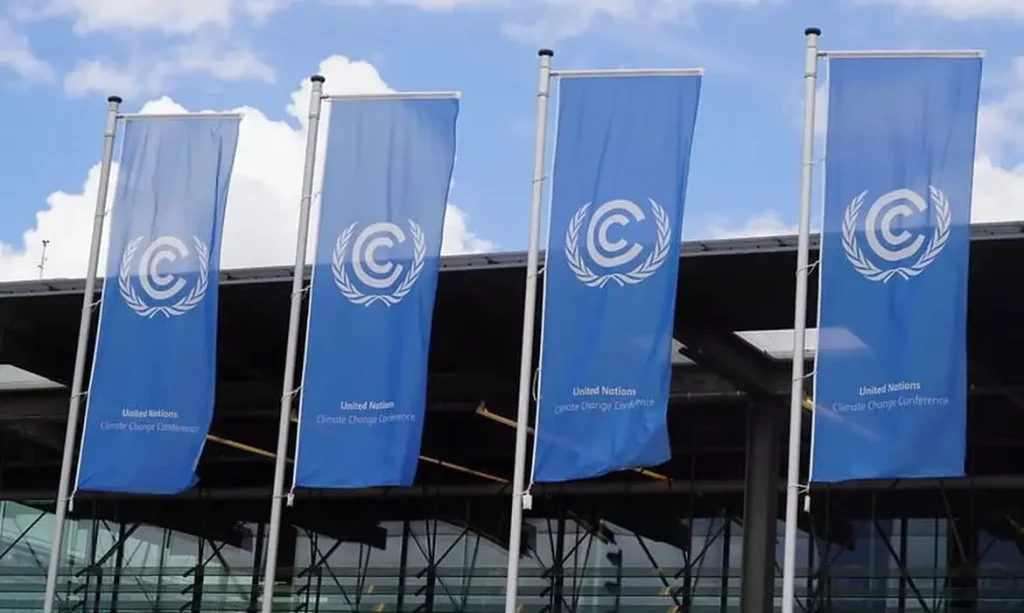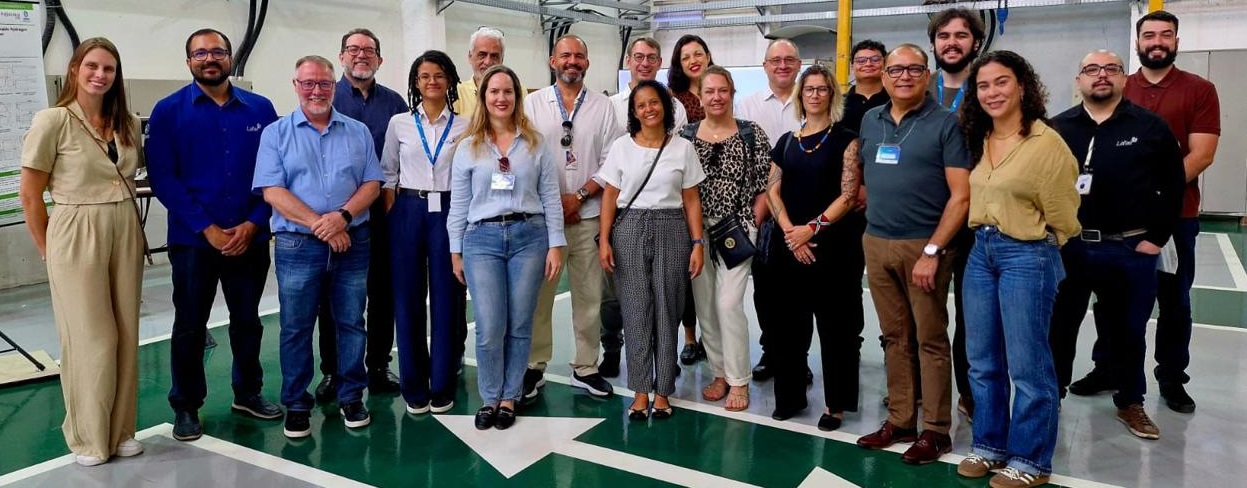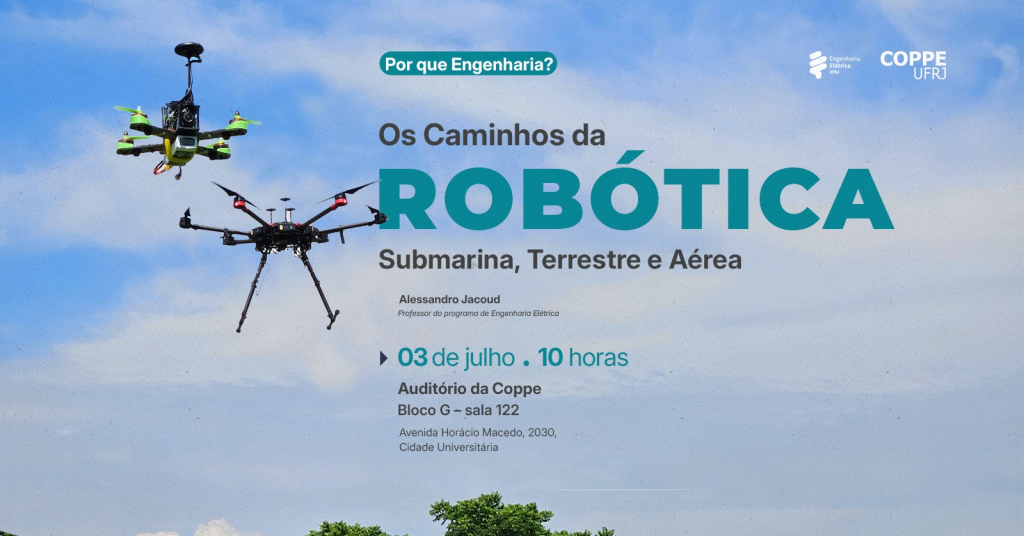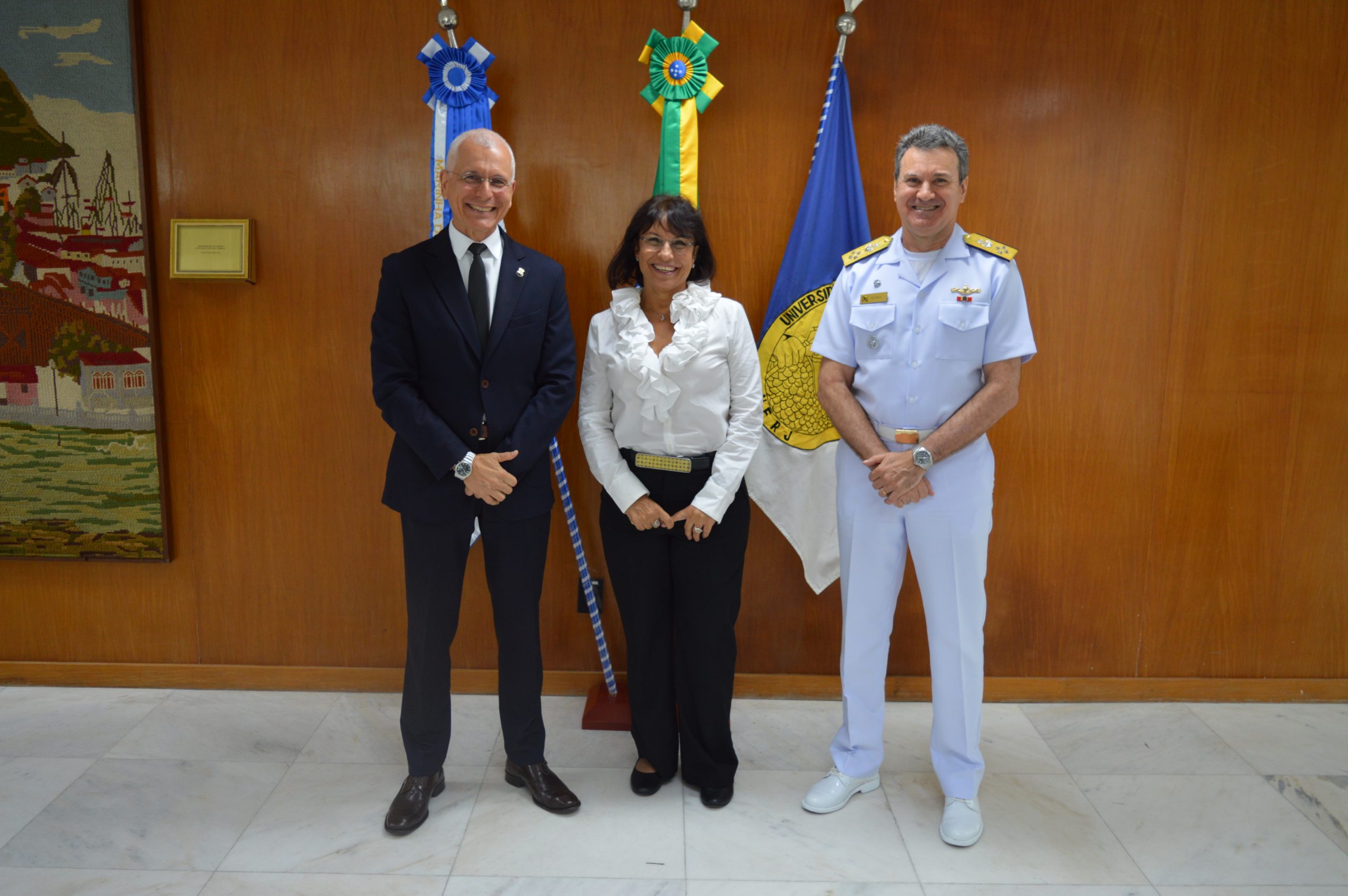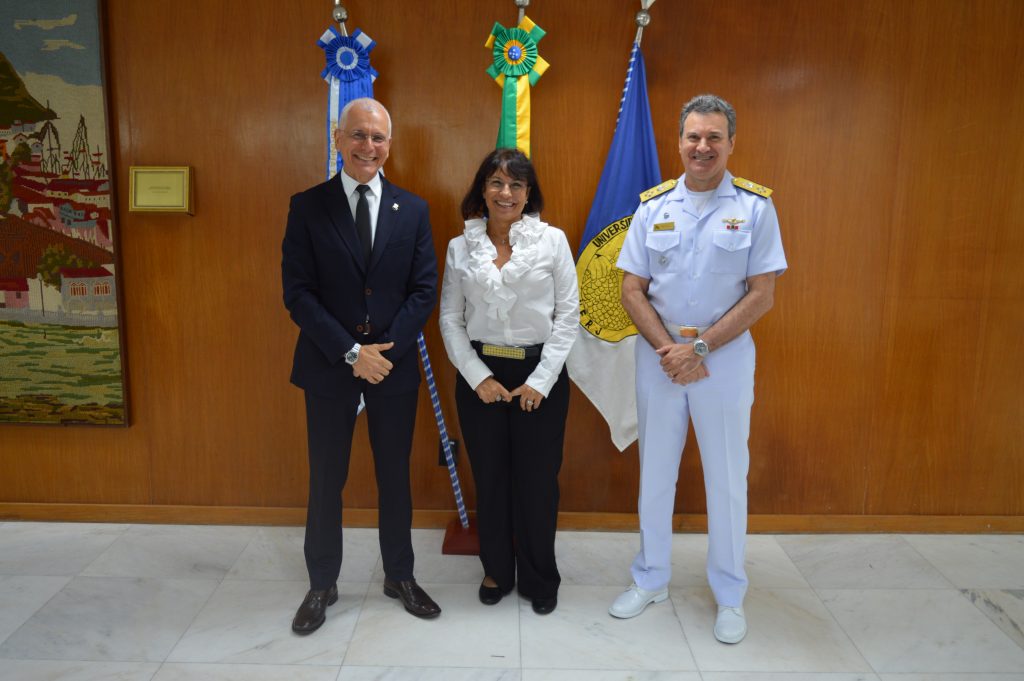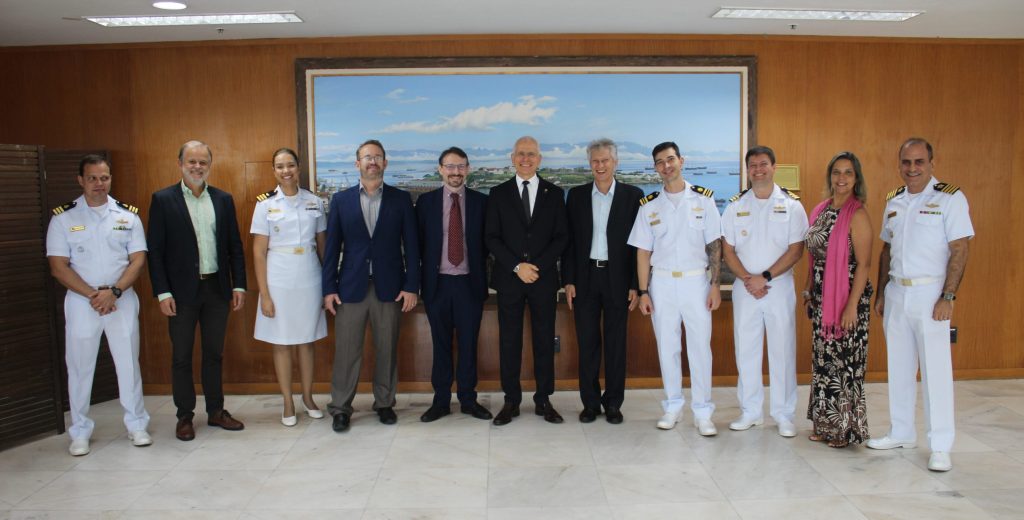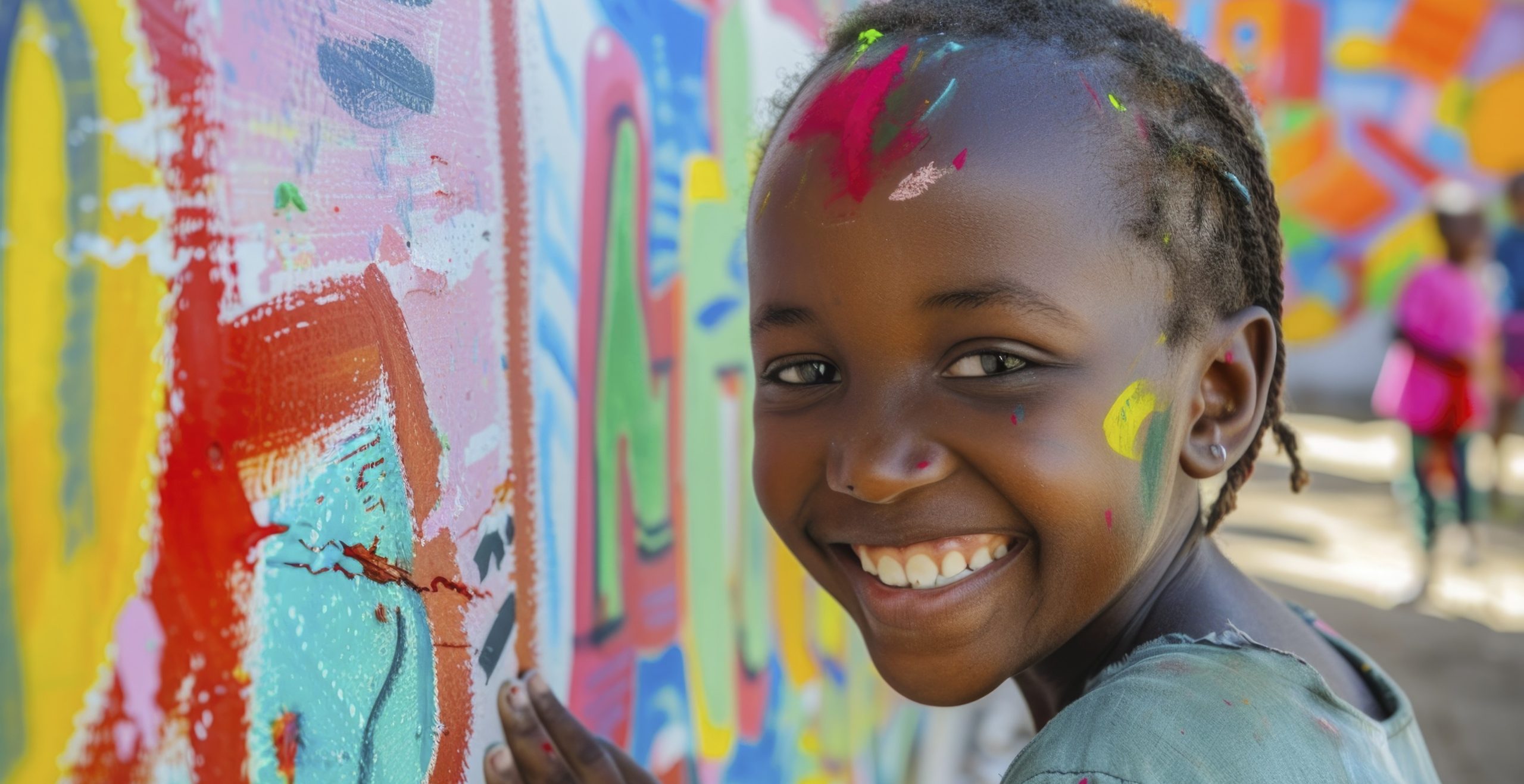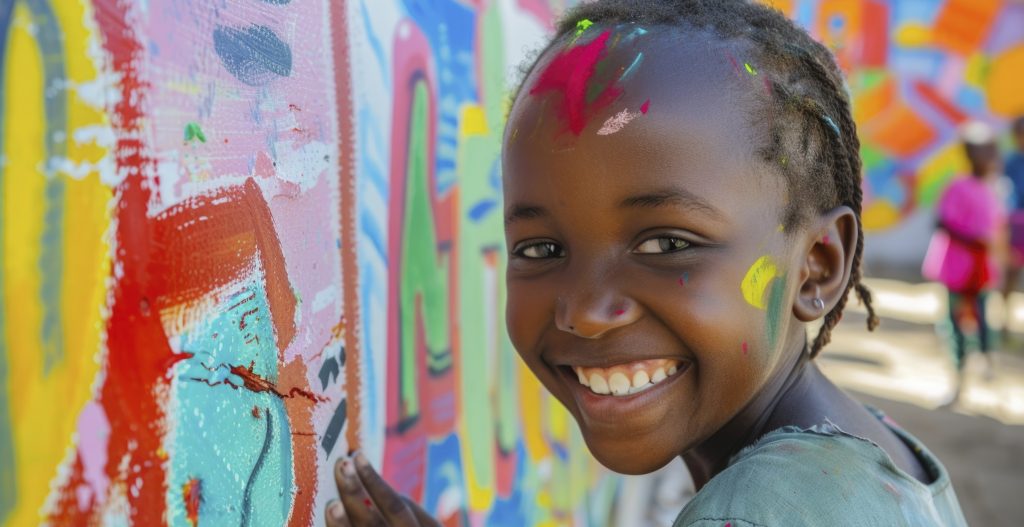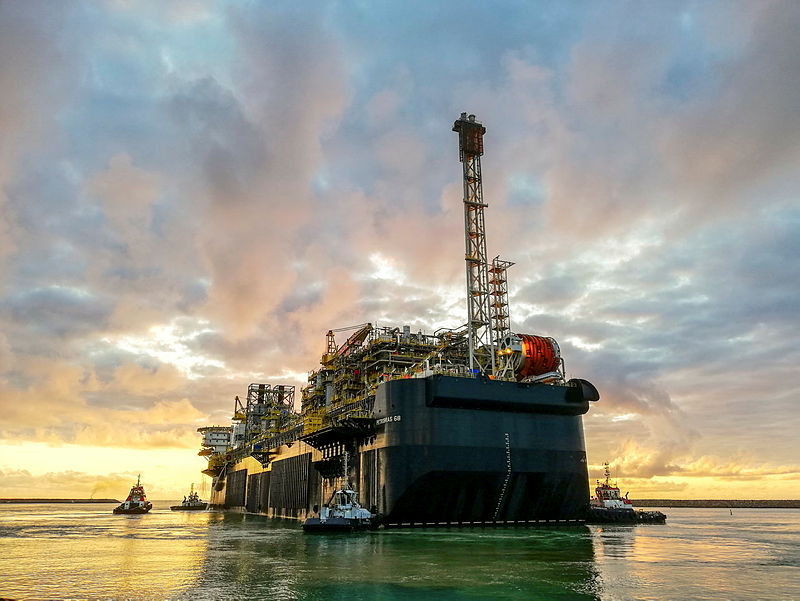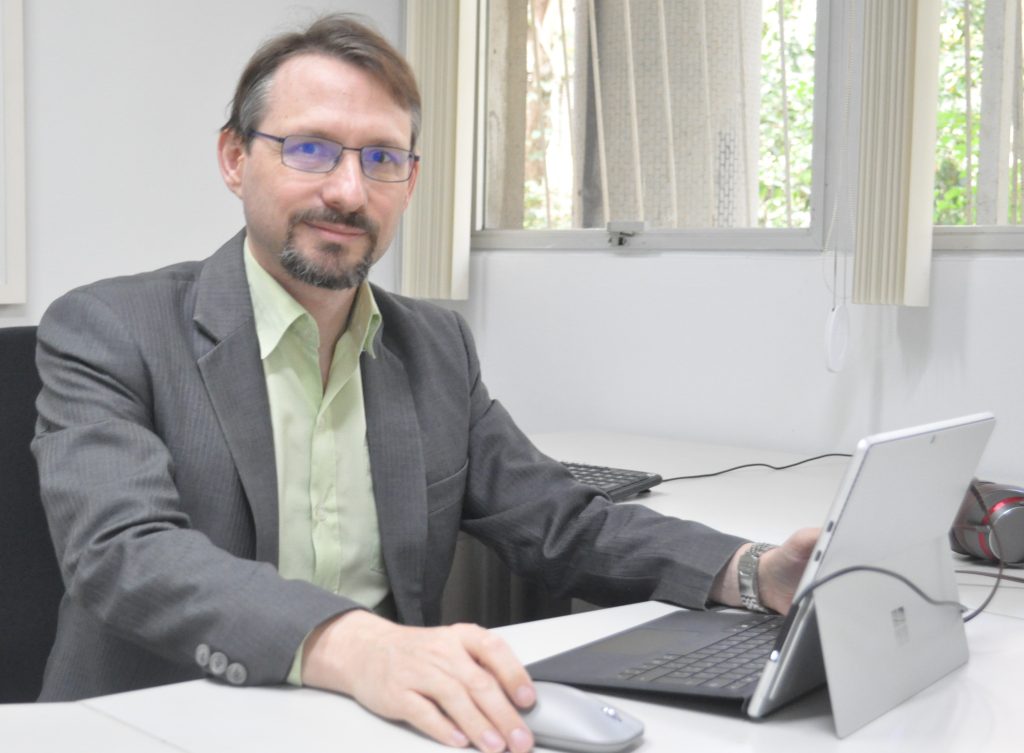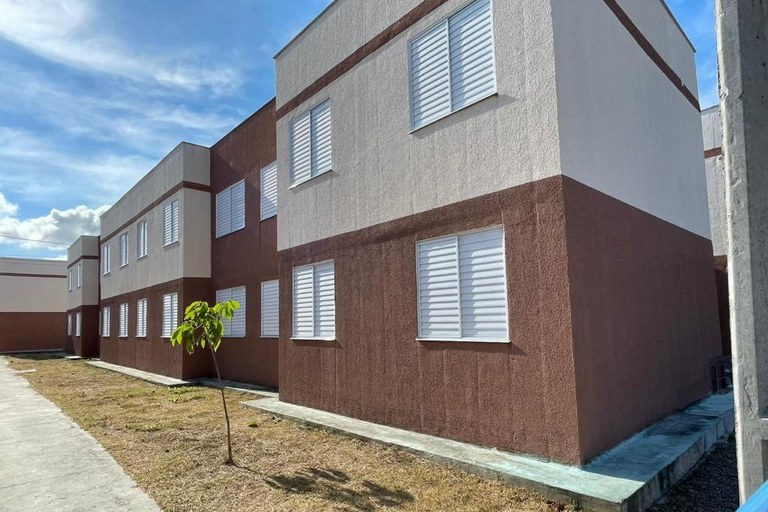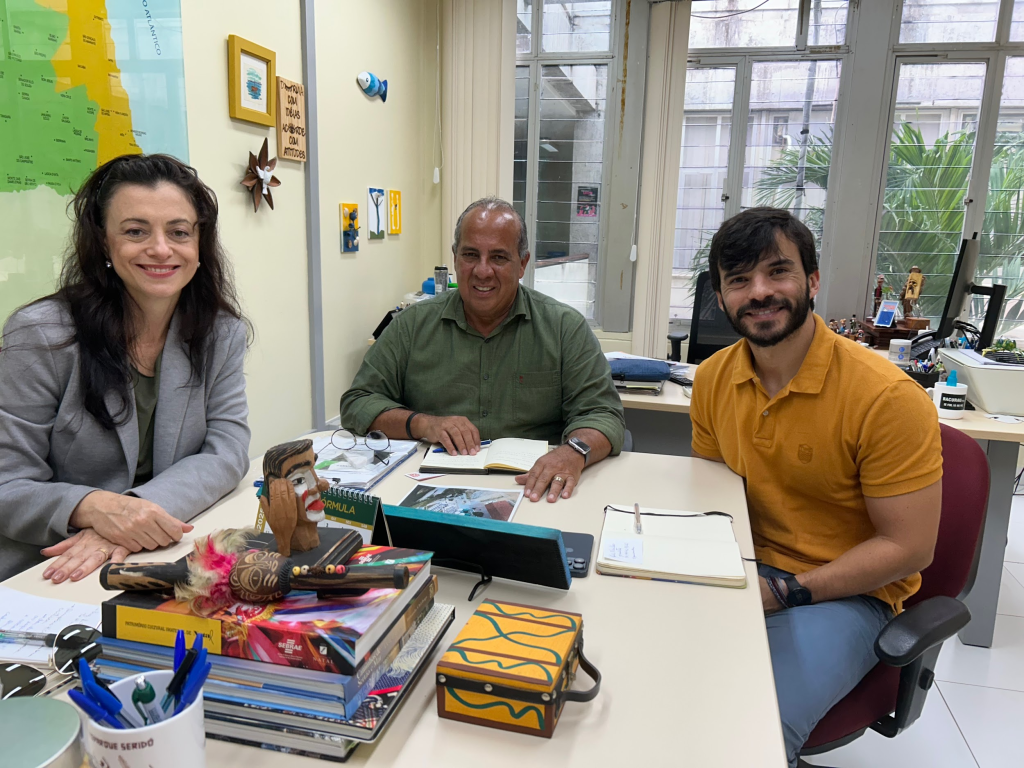
Coppe/UFRJ and the Federal University of Rio Grande do Norte (UFRN) are strengthening a partnership that places coastal territories and their communities at the center of the sustainability debate. On June 9, members of Coppe’s Sustainable Decommissioning Research Group (DESCOM.SUB), led by researcher Laurelena Palhano, visited UFRN’s Pro-Rectory of Extension (Proex) and met with Pro-Rector Graco Aurélio Viana to discuss the socio-environmental impacts of offshore oil and gas structure decommissioning and the lessons this process can offer for the expansion of wind energy along the Rio Grande do Norte coast.
Rio Grande do Norte leads wind energy production in Brazil and also has significant potential in maritime areas. The sector’s rapid growth has revealed weaknesses in mechanisms for listening to and compensating local communities.
“Coppe is a respected institution in Brazil and worldwide. For UFRN, it is a source of pride to be part of this process,” said Pro-Rector Graco Viana. “We have tradition, know-how, and a real connection with the territories. Our coastline is being transformed by wind energy — and now also by decommissioning. The university must be at the center of this. Traditional communities are eager for information, and this partnership is helping to build that dialogue.”
Between June 9 and 13, Coppe’s agenda in the state included meetings with UFRN professors and researchers, field visits, and exchanges with local fishermen and shellfish gatherers. Coordinated by Professor Marcelo Igor from the Submarine Technology Laboratory (LTS), the group emerged from a Petrobras request for sustainable solutions for the end of life of subsea installations.
According to Laurelena Palhano, since the beginning of activities in Macau (RN) in 2023, Coppe has prioritized engagement with researchers and local communities. “Decommissioning is not done only with petroleum or naval engineering. It requires a powerful combination of knowledge to carry out the end-of-life processes of a productive system, considering even what it represents for the territories,” she explains, adding that our culture does not prepare us for endings, such as decommissioning, which is the closure of a cycle.
At the start of the activities, a workshop on criteria for assessing the impacts of decommissioning was held, coordinated by visiting professor Eduardo Infante from Coppe’s Production Engineering Program. The event brought together representatives from industry, academia, the public sector, and communities to discuss priorities and methodologies for this complex and increasingly urgent process.
*With Glácia Marillac, journalist and UFRN PPGCI student
